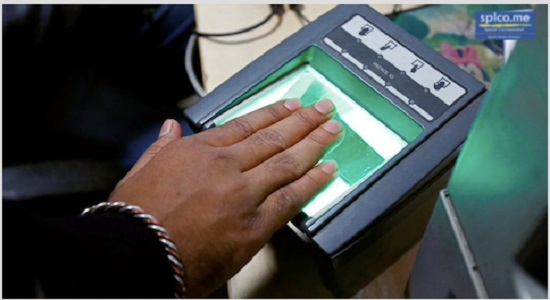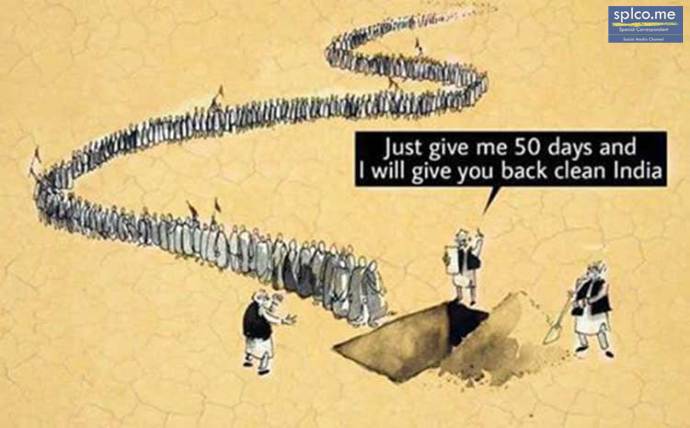The Supreme Court extended on Tuesday the March 31 deadline to link Aadhaar with various government services, bank accounts, Permanent Account Numbers for filing tax returns and even mobile phone connections indefinitely until after it delivers a final verdict on petitions questioning the validity of the unique identification number.

Extension of the deadline offers relief to consumers bombarded by messages from service providers including banks and mobile phone companies asking them to link their accounts to Aadhaar before the deadline.
A five-judge bench led by Chief Justice Dipak Misra said the extension will not apply to government services and benefits like pensions and scholarships, subsidised foodgrains under the Public Distribution System, subsidised cooking gas and the flagship job guarantee plan for rural households.
Such benefits are covered by Section 7 of the Aadhaar Act, which deals with the delivery of financial benefits and subsidies and services under government welfare programmes.
Those drawing such benefits will be required to provide the biometric ID details and number assigned to them by the Unique Identification Authority of India (UIDAI).
The court restrained the authorities from insisting on Aadhaar for issuance of tatkal passports, which are processed faster.
The exemption was made after senior advocate Arvind Datar complained that the government had amended passport rules in breach of the court directive not to make Aadhaar mandatory. He showed the court his colleague Vrinda Grover’s passport, which was cancelled because she refused to part with her Aadhaar details.
“It is also directed that the same shall also control and govern the Passports (1st Amendment) Rules, 2018,” the court ordered, saying its directive shall also apply to state governments.
In December last year, the top court extended until March 31, the December 31, 2017 deadline for mandatorily linking various services with their Aadhaar number, which has become the bedrock of government welfare programmes, the tax administration network and online financial transactions.
The bench is currently hearing petitioners who have questioned the validity of Aadhaar and subsequent rules making the number mandatory for such services. The government will respond after the petitioners present their case.
A final judgment is unlikely before the end of this month.
Attorney General KK Venugopal, who appears for UIDAI, left it to the court to extend the interim order. However, he urged the bench not to disturb the arrangement under section 7 of the law.
On March 7, the bench indicated the possibility of extending the deadline. It had expressed displeasure over banks, mobile phone companies and financial institutions continuing to coerce people to link their Aadhaar number for uninterrupted services. A delay in extending the deadline would have implications on financial institutions, banks and stock exchanges.
The order to postpone the linkage indefinitely brings relief to consumers bombarded by telemarketting messages, said Vipin Nair, advocate for petitioner Kalyani Sen Menon. “The order came from the bench because they felt the uncertainty is causing havoc. The messages should stop now. If they don’t then we will seek a specific order.”
Venugopal had said the Centre was not averse to extending the deadline, but there was no immediate requirement for an extension and advised the bench to see how the case progresses.
SC on March 7 stopped the Central Bureau of Secondary Education (CBSE) from making Aadhaar compulsory for students writing the National Eligibility and Entrance Test for admission to medical and dental colleges.
Meanwhile, senior advocate P Chidambaram concluded his arguments in the case. He appeared for Congress leader Jairam Ramesh whose petition talks about the “illegality” committed in passing the Aadhaar law as a money bill.
Ramesh has claimed that the Aadhaar (Targeted Delivery of Financial and Other Subsidies, Benefits and Services) Bill, 2016 was certified as a money bill to avoid its scrutiny by the Rajya Sabha, which does not have any say on such legislation.
Chidambaram cited several SC judgements to press his point that judicial intervention is permitted in cases where an unconstitutional act is committed by Parliament. Passing the law as a money bill strikes at the root of federalism and to ignore the violation of a constitutional mandate will be an inexcusable error, he argued.














